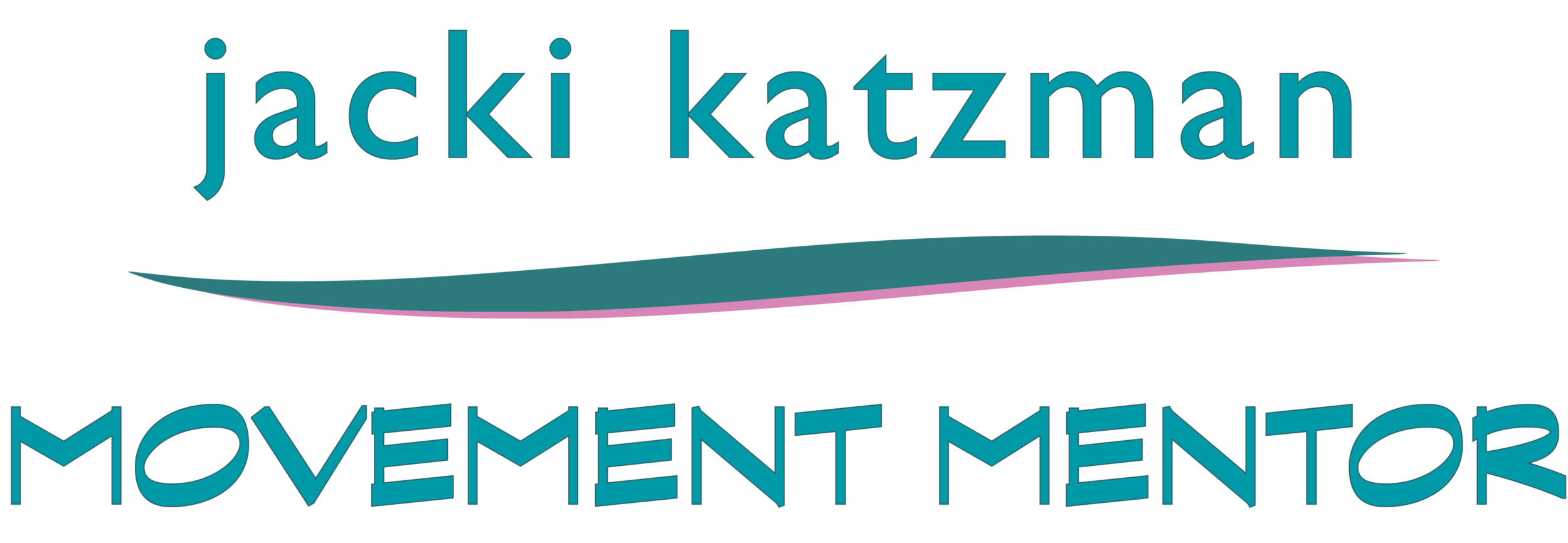Flourishing with Feldenkrais
Before the pandemic was a twitch in a bat’s nose (that’s one theory), Moshe Feldenkrais was thinking about how humans can express their full individual potential. He was up to date on the leading neurophysiology of the day, the latest on psychology and psychotherapy and, of course, martial arts and movement.
Science is catching up with his vision. He anticipated neuroplasticity, intuited the physics of the action potential, and dared to think of a person as a whole.
He also build into his method the techniques to “flourish” as described in a New York Times article The Other Side of Languishing Is Flourishing. Here’s How to Get There.
“Flourishing really is what people are ultimately after,” said Tyler J. VanderWeele, an epidemiology and biostatistics professor and director of Harvard’s Human Flourishing Program. “It’s living the good life. We usually think about flourishing as living in a state in which all aspects of a person’s life are good — it’s really an all-encompassing notion.”
The good news is that the scientific evidence related to flourishing is robust, and numerous studies show simple activities can lead to marked improvement in overall well-being. Here are some practical activities, backed by science, that can help you get started.”
The Feldenkrais Method encompasses all of the seven ways that, according to the article, science says can help us on the path to Flourishing.:
We stop and assess our progress frequently in the course of a lesson,
We savor the results at the lesson’s end
We appreciate and are grateful for how our body is able to learn
Coming from a place of balance, of curiosity and acceptance, we do good to ourselves and those around us.
We connect within self, with the class and community
We find purpose in everyday routines - each gives us an opportunity to break patterns and grow, a chance to find new ease and meaning in
We are all about trying something new! Variations, variations, variations, constraints, coming from a different direction
“But it’s not just the big occasions that should be marked. Acknowledging small moments is also important for well-being, research shows. Psychologists call it “savoring.” Savoring is about appreciating an event or activity in the moment, sharing tiny victories and noticing the good things around you...
Research has found that flourishing comes from daily routines, like working on a new skill or reaching out to thank the people you value in your life, and small moments of mastery, connection and meaning.
“Many of us think we need to change our circumstances, get a job where we earn tons more money, or switch our relationships, buy something new,” said Dr. Santos. “But what the research really shows is that flourishing comes from a different set of behaviors and habits.””

